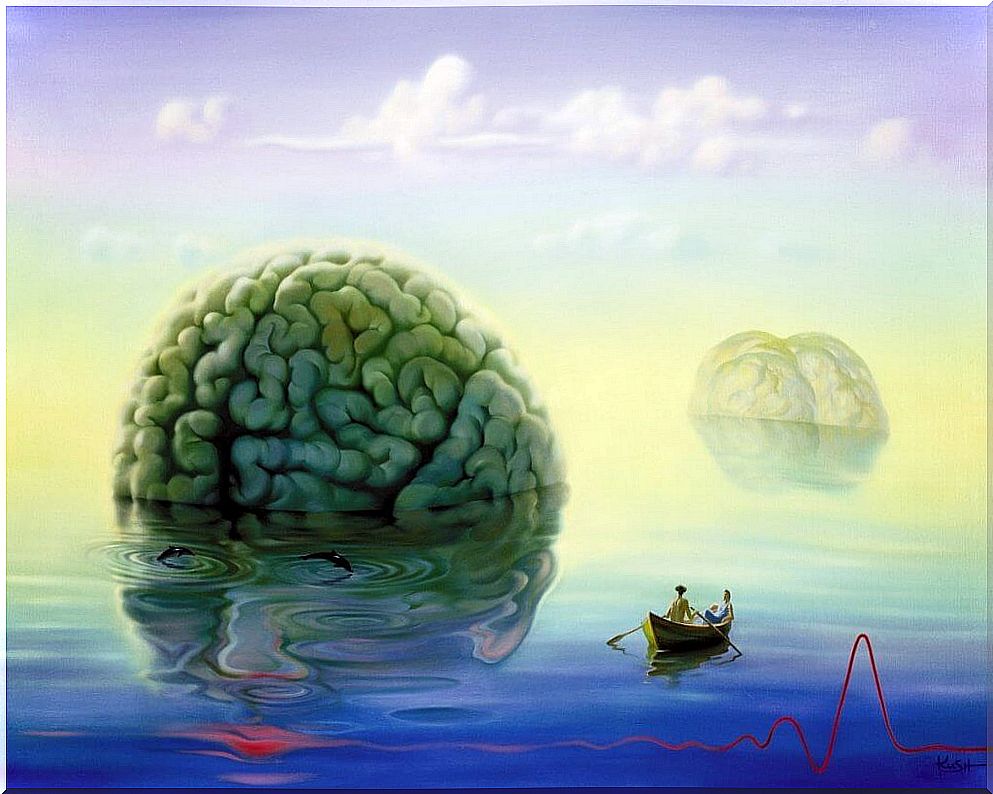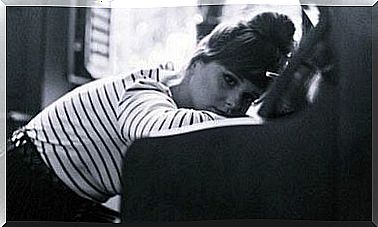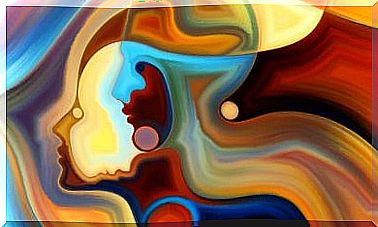7 Therapeutic Metaphors To Better Understand Life

Metaphors are a highly exploited resource in therapy. According to Lankton, a metaphor is a linguistic figure that implicitly compares two different entities. It has been shown that in a therapeutic context, metaphors are an essential element in achieving faster and deeper changes in the patient.
To be effective, therapeutic metaphors must respect a number of characteristics. First, the metaphor must be understandable to the patient, so it must be adapted to his level of understanding. On the other hand, it is necessary to ensure that the person reflects himself in him, so that he understands the basis of the problem and feels motivated to carry out the necessary therapeutic change.
The metaphor will also have to be structured in terms of action, thus including in the narrative also the fundamental concrete steps that the patient will have to take to achieve change. He will also have to offer a solution or an escape route from the problem, so that the patient clearly sees that the steps to take will lead him to the solution of the problem that led him to therapy.
Some metaphors to better understand life
The use of metaphors is quite extensive especially in the cases of acceptance and commitment therapy (ACT). Today we want to share with you readers some of the metaphors that, in our opinion, can prove most useful for patients or people who feel they have lost their way.
The metaphor of the two climbers
Imagine that you and your therapist are two climbers, each intent on climbing two separate but adjacent mountains. The therapist can see the best path for you, but not because he is more awake or because he was quicker to climb the mountain, but because he is in a position that allows him to see things that you cannot see right now. Ultimately, although the therapist shows you the way, you have to keep climbing.

The metaphor of light
Negative automatic thoughts, as the name suggests, appear in our mind automatically as they have been repeated over and over for a very long time. They have become a pattern of thought created by ourselves.
A metaphor often used in therapy to explain this mental phenomenon has to do with a fact that has happened to everyone: what happens when a light bulb goes out or the light goes out? Well, we enter a room and, although we know that the light will not turn on, we press the switch. The same happens with thoughts, they have become an automated mechanism.
The metaphor of the house and the furniture
Does a house lose value if its furniture is old, ugly or damaged? The answer is no. The house has value regardless of the furniture inside. The house is not made of furniture only. Likewise, the human being has a value that goes beyond his or her isolated thoughts or actions.
The metaphor of the sandstorm
Living in a state of anxiety is like being in a sandstorm: the more we fight against it to get out of it, the more it envelops us, making the struggle even more desperate and energetic. What this metaphor wants to explain is that if you find yourself in a state of anxiety, you will have to try to relax, to act contrary to what “your body is asking of you”.

The metaphor of the journey
You have a goal: to travel far, change the air and start a new life in a beautiful city. Get in your car and you are ready to leave when some passengers who have sneaked into the back seats begin to tell you: “Where do you think you’re going? You are not able to do it! You are not able to take the car, drive there and start a new life! ”.
The metaphor of the party and the unpleasant guest
You have been invited to a big party: your best friend’s wedding. Of course you really want to go, yet you have discovered that there will also be a person who does not like you at all. This is a colleague of the groom whom you have already met and who is very unpleasant to you. Will you give up marriage for this? Your answer will almost certainly be no, as there will be plenty of other people to talk to.

Negative emotions are just like that guest : just because they’ve been invited to the party of your life doesn’t mean you have to give up on the things you love and care about.
The metaphor of heat
Negative emotions are like heat: very unpleasant. Still, you are probably aware that a little heat is not the most horrible or unbearable thing in the world. It is annoying, but we know that every now and then we will have to live with it, especially in summer. It is none other than this.
Similarly, negative emotions exist and sometimes we will have to experience them on our skin. Why aren’t we so lenient with our emotional states too? Emotions, such as heat, headache or a pimple on the forehead, are nothing more than boring or annoying physiological phases, but which have no other purpose than to provide us with information.
Now it’s your turn to try to apply these and other metaphors to situations in your life. You will see how, from this perspective, everything will seem clearer to you.









